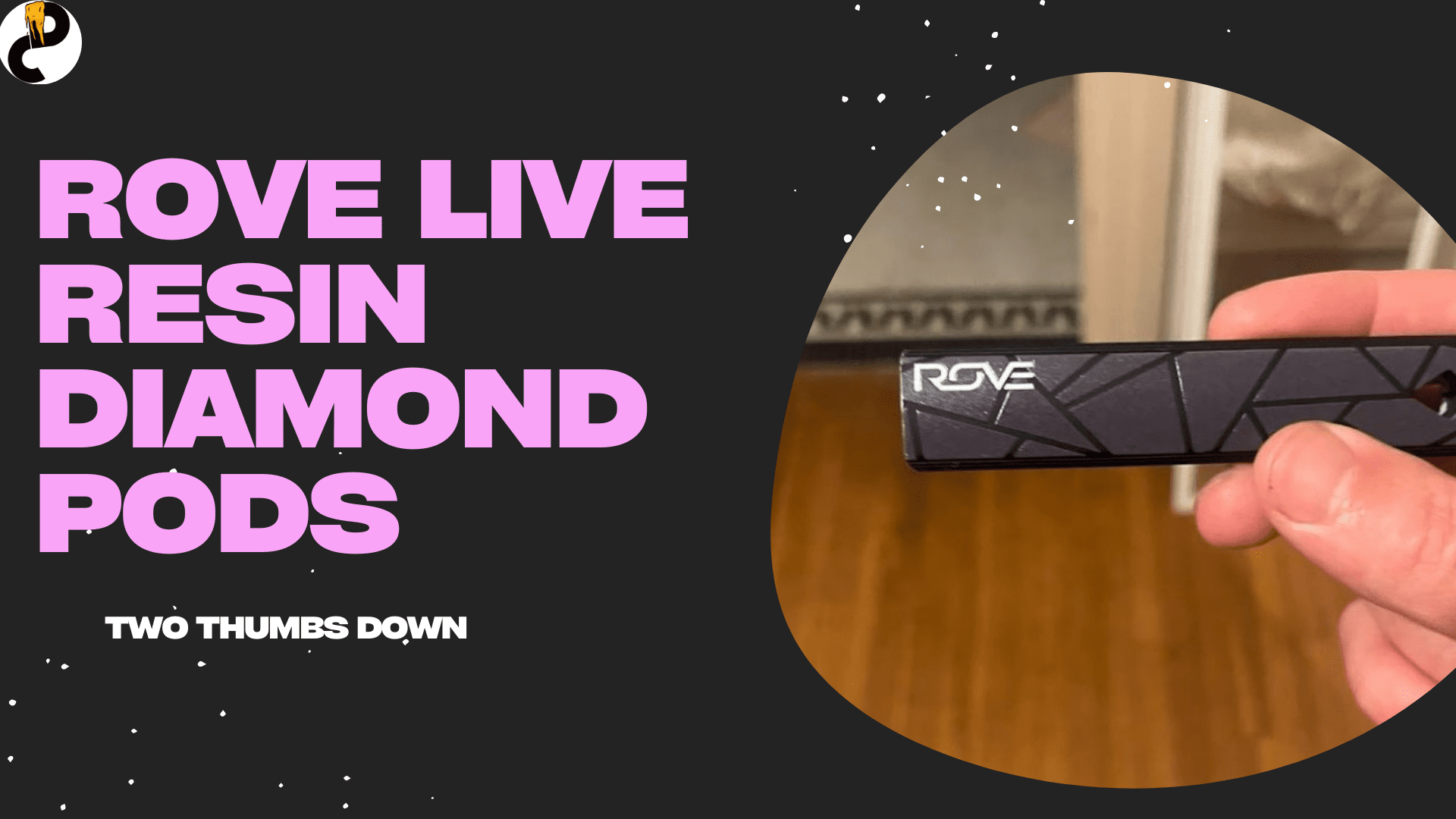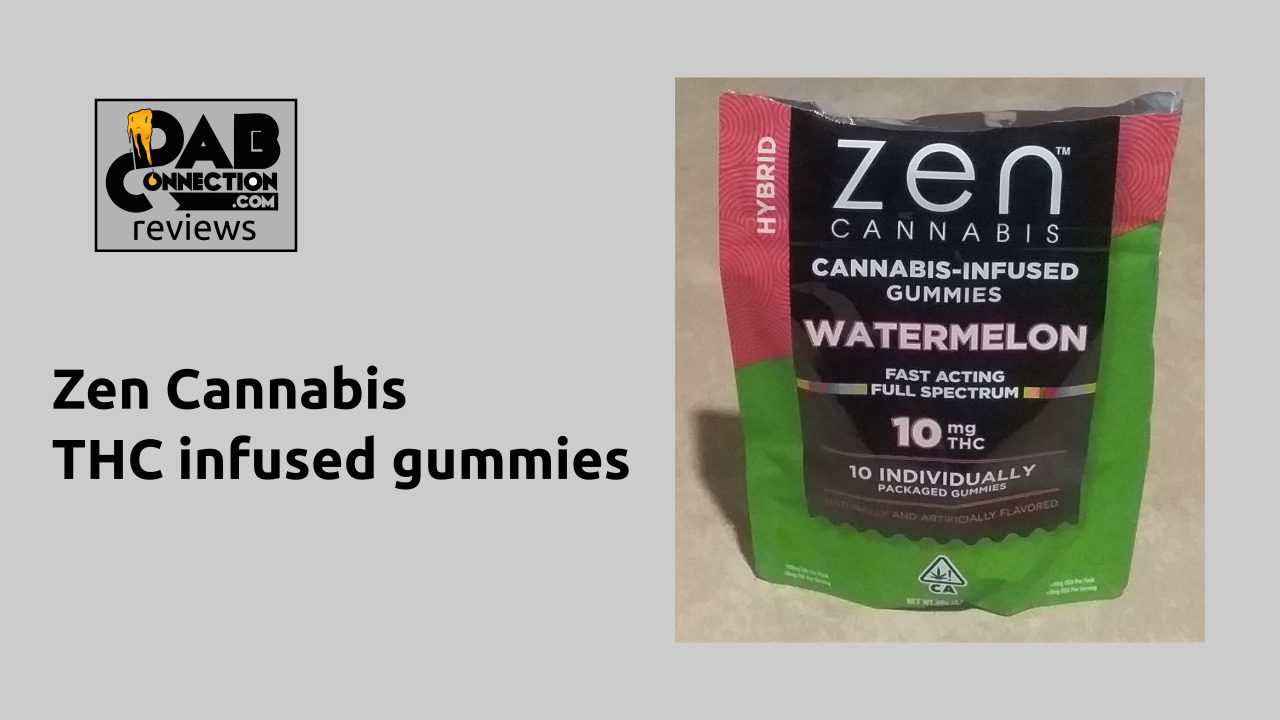Opinion: Are “Bad Trips on Shrooms” an Exaggeration?
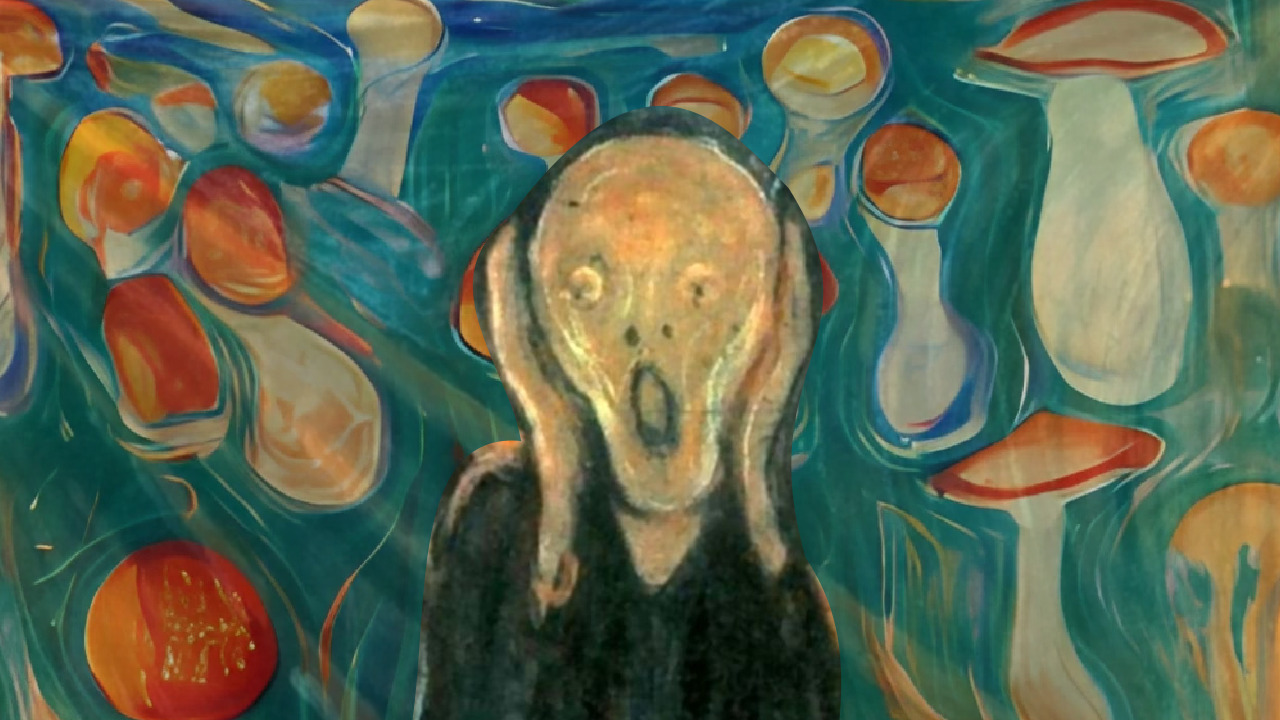
Greetings, fellow cosmic blueberries aboard Spaceship Earth! I’ve recently launched Dab Connection’s inaugural mushroom video, reviewing some Amanita Regalia. We’ll be diving deeper and deeper into the mushroom scene, to the extant that they’re legalized of course, but first I’d like to get a pet peeve of mine out of the way. I think it’s important to re-assess the assumptions we make about drug culture periodically and challenge them if there’s grounds for it.
Take all of this as my armchair speculation. I hasten to affirm, negative experiences on psychedelics are a real phenomenon. But maybe they’re far less common and less severe than reported.
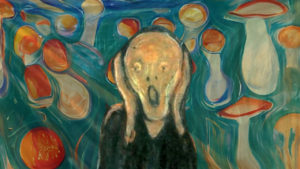
I don’t like the way psychedelics have a reputation for “bad trips.” This has become another over-exaggerated factor that is pinned directly on psychedelics. The first problem I have with the “bad trip” notion is, that there is no reason to single out psychedelic mushrooms for them.
Indulge me while I lay down some perspective:
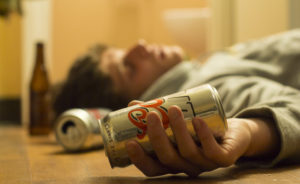
“Bad Trips” Can Happen On Any Drug
We all know marijuana / cannabis / hemp as the ultimate good-times and party drug, right? But what about the people who say weed makes them paranoid and anxious? That’s the “bad trip” of weed.
Now how about alcohol? I’m sure we’re all familiar with bad experiences on alcohol, and yet somehow we don’t call them “bad trips.” One thing that would qualify as a “bad trip” is the person who gets blackout drunk, where they can’t remember a chunk of time. But even without that, we all know that one friend who can’t handle their liquor and has the habit of getting into fights or having hysterical crying jags of self-pity while intoxicated. Frat bros regularly get drunk to the point where they’re puking into the porcelain altar. But who gets the reputation for a “bad trip”? Just shrooms.
But you know what really says “bad trip” to me? Amphetamines! Anything in the meth or cocaine category has a reputation for very bad behavior on the part of its users. That’s because amphetamines have a “come down” period, and it is agonizing hell-on-earth. As good as you felt getting wired up, that’s how bad you’re going to feel on the way down. If you’ve been up a few days on a cocaine binge, you’re going to still be awake and delirious coming down for a few days more. Hence, methamphetamines are known for inducing a psychosis. Now that’s a bad trip!
As for heroin, physically addictive to the point of crippling sickness when you’re getting clean of the stuff, we’ll let the movie Trainspotting speak for it:
Now there, that’s a “bad trip” too! I’ll never know, because heroin is one of those drugs I will never touch.
People Exaggerate Their Psychedelic Trips
Listening to people talk about their drug experiences is a lot like listening to someone tell you about the dream they had last night. If you’ve ever tried to narrate a dream you’ve had out loud, you discover that it’s difficult to convey into meaningful words. Dreams are abstract and devoid of logic. When we tell them, we have to sum up experiences and bridge the gaps with turns of expression. What we end up imposing on the listener (your bored roommate half-listening over coffee) is nearly a complete fabrication.
It’s not that all people are compulsive liars, it’s just that a literal description of a trip or a dream is a dry and clinical report conveying none of the flavor of the subjective experience. So instead the memory of a feeling of paranoia from some unimagined threat becomes “dragons were chasing me,” but the subject never actually hallucinated dragons. We can’t help it. We’re prone to cognitive dissonance to the point of deceiving ourselves in order to make a narrative “make sense.”
As I noted when I reviewed those Amanita Regalias, researching the effects of any psychedelic is a frustrating exercise, because all the reports for everything boil down to one of two polar extremes: (1) it did nothing, or (2) a raving and rambling saga of cartoonish farce and experiences beyond all credibility. People like to tell elaborate fantasies online because that’s a fun thing to do.
You can never take anyone’s report of a psychedelic experience at face value. After all, we’re talking about an experience lived entirely in one’s mind, brought about mostly by the ebb and flow of neurotransmitters sloshing around. We lack adequate language to even convey it.
The placebo effect is also very powerful. Given a mind-altering substance, if we’re taking it for the first time and told that we’re going to see unicorns and rainbows, then by golly the human brain will bend over backwards to visualize just that. Even if we just visualize horses and blinking neon signs, we’ll tell ourselves “that must have been what they were talking about.”
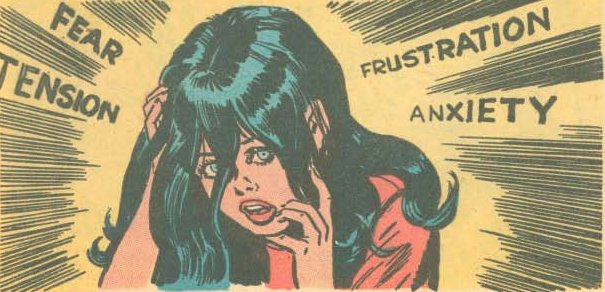
Are “Bad Trips” Just Normal Bad Emotional States While On Drugs?
I think so. Psychonautic research testifies to this theory. Early psychedelic explorers such as Al Hubbard and Timothy Leary emphasized that the experience we will have on psychedelics is impacted by “set and setting.” “Set” for the mindset you bring into the experience, and “setting” for the environment around you while you’re tripping.
Thus, it can be demonstrated, your likelihood to have a “bad trip” depends on the circumstances more than the drug. If you’re in a contented mood to begin with and trucking around at home, a safe and comfortable environment, then your psychedelic experience is the kittens. Drop acid in a battlefield trench and you’ll lose your blinking mind. Or, focusing on the set rather than setting, if you’re already in a downer mood from any number of life events and personal troubles, then you’ll carry that negative emotional baggage into the trip and ruin it.
For the finest objective and scientific examination of the actual dangers of psychedelics, I commend you to this article on Michael Pollan’s site titled “What do we know about the risks of psychedelics?” It helps to bust a few myths about the “bad trip” phenomenon in psychedelic research. Consider the following factors in case studies:
- some people think they took one drug when they really took something else
- case reports usually do not rule out preexisting psychiatric difficulties or mental states
- self-reporting of subjects may gloss over symptoms showing up even without the drug
- A whole lot of case studies of psychedelic effects date to the 1950s and 1960s during a time of anti-drug bias
In short, the view presented is that healthy, happy people have nothing but good experiences on psychedelics, while people who have bad experiences were in poor psychological condition to begin with. It might be the case, as has been noted in research into using psychedelics in therapy, that psychedelics break down our emotional barriers which prevent us from dealing with past trauma head-on. Without our defense mechanisms, we’re vulnerable to having a breakdown over issues we’ve mentally been keeping on the back burner.
Thankfully, the article also addresses one of the most persistent myths of all:

The Myth of the Tripper Who Thought They Could Fly
You’ve heard this one a few dozen times by now: An inexperienced youth doses on LSD or shrooms, gets completely lost in a psychotic state, and ends up dying from accidental misadventure such as stepping off a building because they believed they could fly.
In the article on Pollan’s site, this myth seems fairly debunked under the section “Physical harms caused by changes in perception/judgment”:
> “Both the European Monitoring Center for Drugs and Drug Addiction (EMCDDA) and the health authorities in the Netherlands, where hundreds of thousands of servings of psilocybin mushrooms are legally sold in shops each year, report that serious injuries related to psychedelics are extremely rare.”
Not completely impossible or unheard of… but also greatly exaggerated. The article goes on to dig up a grand total of five incidents of violent death or harm connected with psychedelics, and even they’re questionable. Just to be sure I hadn’t missed anything, I decided to poll /r/drugs on Reddit, asking if people jumping off buildings on LSD has any proven basis. Responders were quick to relate anecdotes that happened to a friend of a friend there, but nobody found an objective study backing up this supposed phenomenon.
The fact that psychedelics enjoy widespread popularity in legalized or decriminalized areas with no dramatic uptick of mass mayhem from people acting irrationally on drugs tells me that crazy behavior on psychedelics has been greatly exaggerated.
Stay Safe and Sane on Psychedelics Anyway!
At no point in this piece am I advocating to throw caution to the wind. Psychedelics should be treated with respect and caution. I still take a low dose when trying a new mushroom strain for the first time. I still advocate, 100%, that people should pay attention to that “set and setting” metric and always have a trip sitter present, at least for their first experience.
But avoiding bad trips – or having an outbreak of erratic behavior on one – honestly seems like something you can control to minimize. Specifically, your odds of having a bad trip go down if you take the following precautions when using psychedelics:
- don’t have a family history or personal history of preexisting mental issues
- don’t trip when you’re in a bad mood from a life event (mourning a loved one, going through a divorce, just got fired, etc.)
- keep your trips at home or in a calm environment where you feel safe
- be sure you’re well-rested and in reasonable good health
- don’t mix psychedelics with other drugs
- don’t dose too high, as unpleasant experiences tend to occur concurrent with large doses
This news report talks about an Oregon dispensary, where psychedelics are getting legalized in a big way, training their staff in providing “safe trip” spaces. Good template to go by!
Personally, I have yet to experience anything like a bad trip. By and large, psychedelics tend to make me giggly and easily amused, or at microdoses just have a mild calming effect. They also knock a couple points off the ol’ IQ score, for sure. I’m a real dummy on LSD and shrooms. I have a sense of humor and roll with it.
Reader reports are welcome…
Like I say, the above is armchair neuroscience based on more hunches than anything else, so take it that way. But readers, if you have a link to a research study backing up this big bad “bad trip” boogeyman that seems to pop up in every mushroom discussion, I’d love to see it. Here in the comments or to the forum, right that way!





